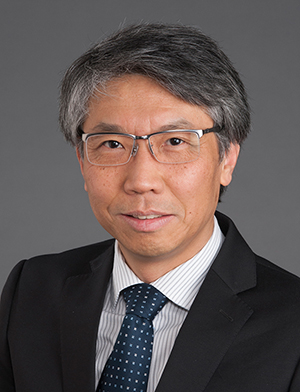
Although immunotherapy is seen as a very promising treatment for cancer, currently only 20 to 30 percent of patients respond positively. Being able to identify the people most likely to benefit from the costly therapy is a Holy Grail for oncologists.
In findings published online in JAMA Oncology, scientists at Wake Forest Baptist reported a new molecular biomarker for gastric cancer, which is the leading cause of cancer-related deaths worldwide.
Despite progress in the eradication of the bacteria helicobacter pylori, the major cause of gastric cancer, as well as earlier cancer diagnosis, the five-year survival rate for gastric cancer remains less than 30 percent.
“Immunotherapy treatment has shown remarkable benefit for some cancer patients whereas others experience toxicities,” said Wei Zhang, PhD, the Hanes and Willis Family Professor in Cancer Biology at Wake Forest Baptist and lead author of the study. “More potential markers are urgently needed to help oncologists decide which patient would benefit from this promising new treatment strategy.”
Read the full release.
Research Funding
Research reported on was supported by the following grant from the National Institutes of Health (NIH):
Genetic Marker Identified for Gastric Cancer Prognosis: Partially supported by the Program for Changjiang Scholars and Innovative Research Team in University in China (IRT14R40 to Kexin Chen). Boris Pasche, MD, is the principal investigator of the Cancer Center Support Grant from the National Cancer Institute to the Comprehensive Cancer Center of Wake Forest Baptist Medical Center (P30 CA012197).
